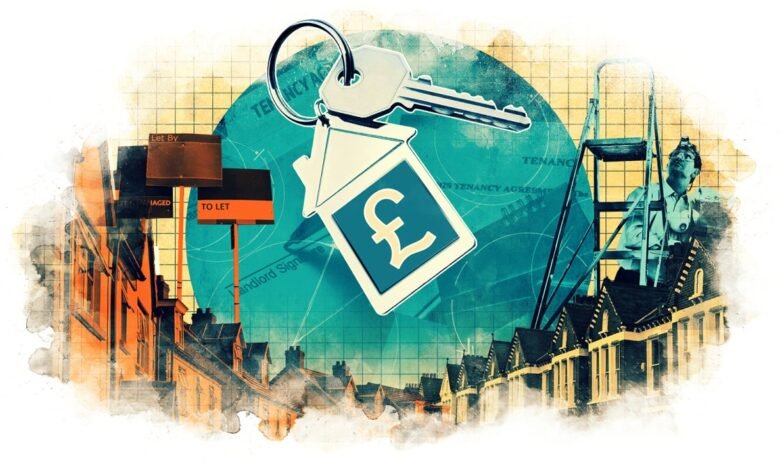Can I fix my mortgage rate for longer than five years?

I’m originally from the US but I’ve lived in the UK for a long time and now have the right to stay here permanently. I’ve been looking into investing in property here but it seems that, in the UK, you can only fix your mortgage rate for five years. Doesn’t this introduce a large amount of extra risk? Is there any way to fix for longer, even if it means paying a higher interest rate?
Stephanie, Cambridge
You’re right that the inability to fix your cost of debt for the lifetime of the investment is a risk factor, and we often look with envy towards US property investors who can fix for longer and operate within a tax system that’s more advantaged towards them.
To manage this risk in the UK the obvious first step is to fix for as long as you can. In most cases this is five years — and it’s counterintuitively cheaper to fix for five years rather than two at the moment, so this certainty comes at no extra cost.
Of course, you won’t know what your mortgage rate will be after the end of this term. However, you can monitor the market during the fixed period and build up some cash reserves to protect you, and can also anticipate that rents are likely to be higher in five years, which will go some way to offset any increase in rates.
It’s worth noting that as you haven’t yet started investing, you’ll benefit from the fact that interest rates have corrected sharply upwards over the past couple of years. This has caused obvious problems for existing owners, but from your perspective it means that if a deal works based on today’s mortgage rates you can be more confident that it will continue to work in the future. While you can’t rule out the possibility of another move upwards from here, another shift of the same magnitude is far less likely.
Depending on your goals and personal situation, it may make more sense to invest in the US or a different asset class entirely. But if you do choose to buy in the UK with a mortgage, your extra caution and awareness around this risk will probably serve you well.

What are the tax implications of buy-to-let properties?
My partner and I unexpectedly became landlords last year: we saw a great deal nearby and were able to remortgage and take out money for a deposit. However, we didn’t get enough advice at the time, so we purchased it in our names rather than through a company. This means we are now paying high rates of personal tax on the rent, and the mortgage payments aren’t deductible.
It’s all been a bit of a sobering experience, and we wish we had taken more in-depth advice. There must be a lot of people around like us who end up becoming landlords by accident for various reasons. Could you offer some advice on the tax implications of buy-to-let property for us first-timers?
Dave, London
You’re right that tax is a major consideration when it comes to buy-to-let investment. It used to be straightforward — but changes to the deduction of finance costs that were announced in 2015 put an end to this, and the result is that many more investors are choosing to buy within limited companies.
According to Land Registry data analysed by the estate agency Hamptons, in 2015 (before the changes were introduced) 41 per cent of properties were purchased via a company structure. By 2023 this had increased to 74 per cent.
It’s important to bear in mind that this isn’t an easy decision — there are always trade-offs. It’s true that when owning a property via a limited company you can deduct your finance costs in full while individuals can only claim a limited relief, and companies are taxed at corporation tax rates that are significantly less than the higher rate of income tax.
However, companies have higher accountancy costs, and in some cases higher mortgage costs. But the most important consideration is that extracting cash from a limited company to spend personally incurs a significant tax charge for higher or additional-rate taxpayers. Purchasing through a company is therefore generally more suitable for people who want to allow the rental profits to accumulate within the company — perhaps putting them towards future purchases and only withdrawing them much later when their other sources of income have ceased.
This only scratches the surface, and there’s no one-size-fits-all answer. So — as you’ve discovered — whether you’re just buying one property or intending to build a portfolio, it’s imperative to take professional tax advice based on your individual circumstances before making any decisions.
Submit your questions for the Two Robs at propertyhub.net/sundaytimes
Rob Dix and Rob Bence are the presenters of The Property Podcast. They co-founded the property investors’ community Property Hub and the investment app Portfolio. Dix has written four books on investing and renting, including Property Investment for Beginners
Source link





